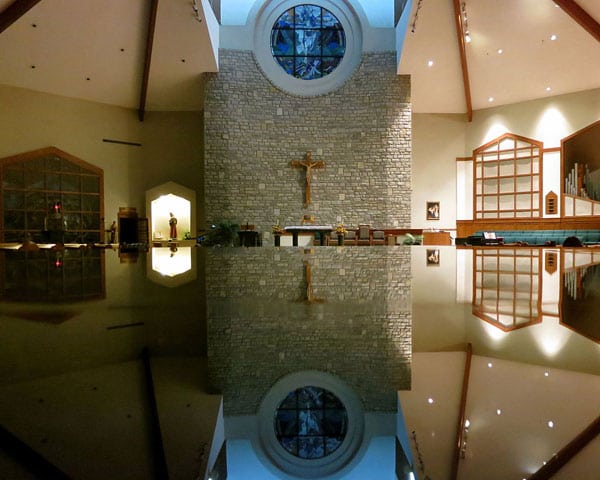
August 20, 2018; New York Times
“If at first you don’t succeed, try, try again” is the mantra for those who face a hard and intractable challenge. But this misses one important component organizational leaders must remember: It makes little sense to try again until you know why you failed and can decide how the next effort will be different from those that came before.
The Catholic Church faces finds itself in that position under the weight of the damning report of a Pennsylvania grand jury about their decades of effort to mask rampant child abuse. They know they failed to protect children, teens, and young adults from the predatory practices of priests and bishops. And they know that the Church’s leadership structure failed in its oversight of its vast network and how it chose to respond to reports of abuse.
The horrific details of the report mirrored earlier reports that touched the Church’s structure across the globe and illustrated the depth of its failure to protect people in favor of protecting its organization. The Church isn’t like your typical organization, but it, too, will need to demonstrate they have learned from their mistakes and that the future will be different from the past to regain lost trust and reputation.
According to the New York Times, in a letter to the 1.2 billion Catholics across the globe, Pope Francis on Monday began that effort by acknowledging for the first time the depth of the Church’s structural failings.
Sign up for our free newsletters
Subscribe to NPQ's newsletters to have our top stories delivered directly to your inbox.
By signing up, you agree to our privacy policy and terms of use, and to receive messages from NPQ and our partners.
With shame and repentance, we acknowledge as an ecclesial community that we were not where we should have been, that we did not act in a timely manner, realizing the magnitude and the gravity of the damage done to so many lives. We showed no care for the little ones; we abandoned them…it was essential that all Catholics be able to acknowledge and condemn, with sorrow and shame, the atrocities perpetrated by consecrated persons, clerics, and all those entrusted with the mission of watching over and caring for those most vulnerable. Let us beg forgiveness for our own sins and the sins of others.
As hard as it for an organizational leader to admit failure, the next steps will be harder. Prior efforts have been eviscerated by the Church’s organizational hierarchy. Last March, a member of a panel appointed by the Pope to advise Church leaders on ways to protect children resigned because she saw her efforts being stymied. In her resignation letter, Marie Collins cited organizational barriers that “include: lack of resources, inadequate structures around support staff, slowness of forward movement and cultural resistance. The most significant problem has been reluctance of some members of the Vatican Curia to implement the recommendations of the Commission despite their approval by the pope.”
Collins spelled out the hurdle the Church now faces. “I find it impossible to listen to public statements about the deep concern in the church for the care of those whose lives have been blighted by abuse, yet to watch privately as…the Vatican refuses to even acknowledge their letters! It is a reflection of how this whole abuse crisis in the Church has been handled: with fine words in public and contrary actions behind closed doors.”
The same message was delivered by Illinois Supreme Court Judge Anne Burke, who served as the interim chairperson for a 2002 effort by the US Conference of Bishops to study clerical sex abuse. She expressed similar frustration and concern; she also recommended structural changes. In comments reported by the Chicago Sun-Times, she said, “I think every state should convene a grand jury into this culture of secrecy that protected offenders at all costs…but because trust has been so eroded due to the way the church has handled what is definitely a moral catastrophe, the…plan to restore trust will fail if it’s not independent and if they only choose the experts, laity and the Vatican….They will be sadly mistaken not to involve the expertise, authority and independence of a grand jury to open secret files in order to restore the trust and healing the church so desperately needs.”
A recent letter from the president of the US Conference of Bishops, Cardinal Daniel N. DiNardo, addressed the need for a more effective way to ensure that perpetrators are not protected and that those making complaints are respected. Yet the organizational structure poses a unique hurdle in ensuring that structure does in fact change. “Because only the Pope has authority to discipline or remove bishops, we will assure that our measures will both respect that authority and protect the vulnerable from the abuse of ecclesial power.” The test of whether the church has in fact learned is how it deals with this ongoing challenge differently.—Martin Levine













